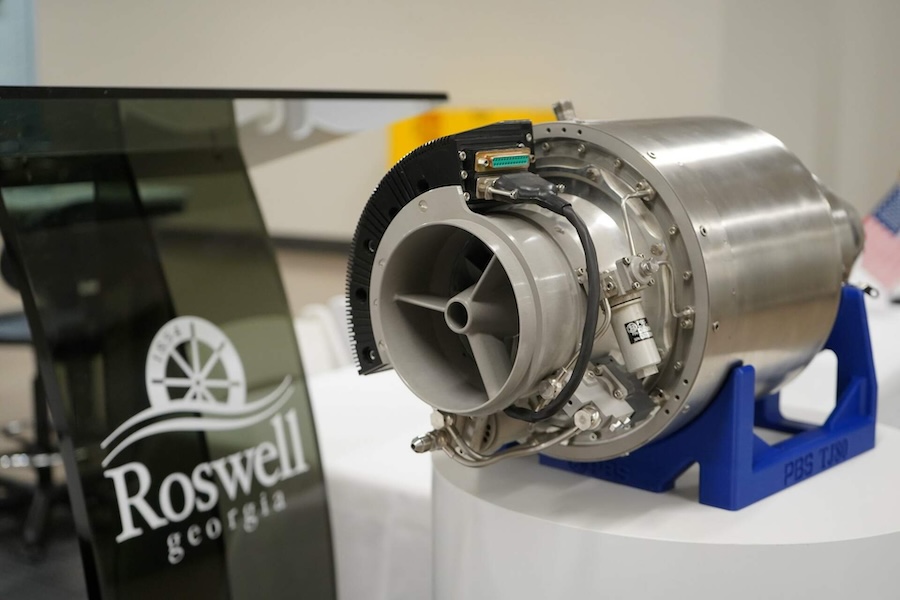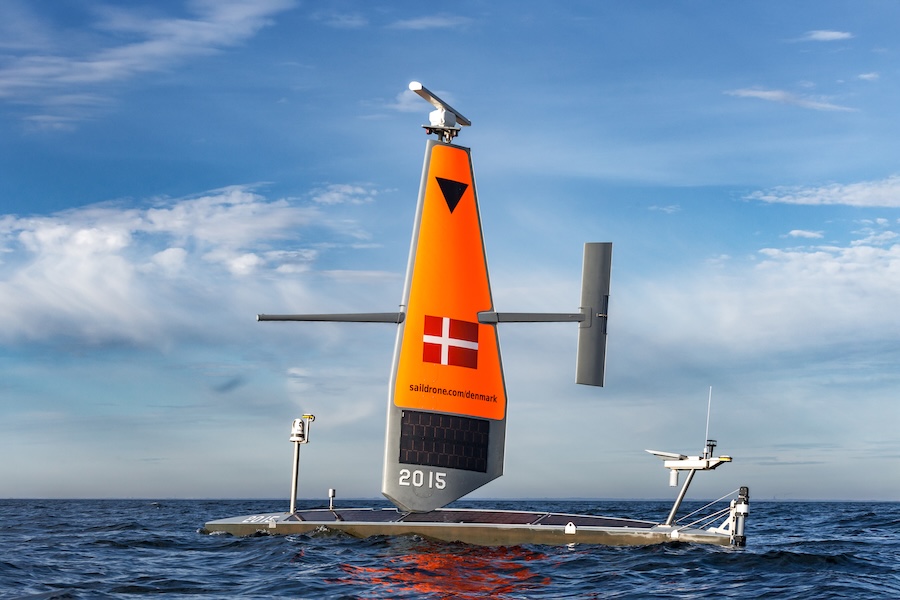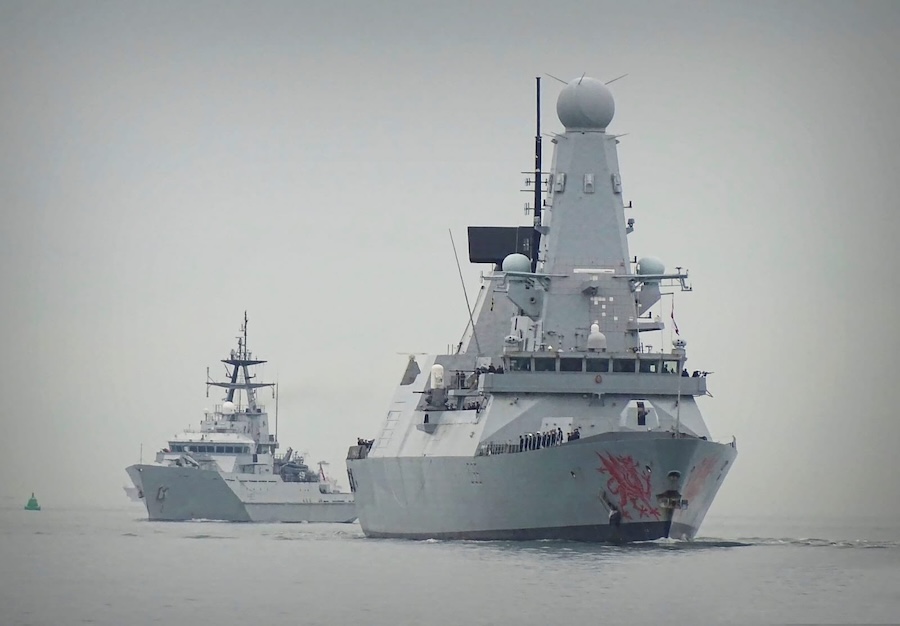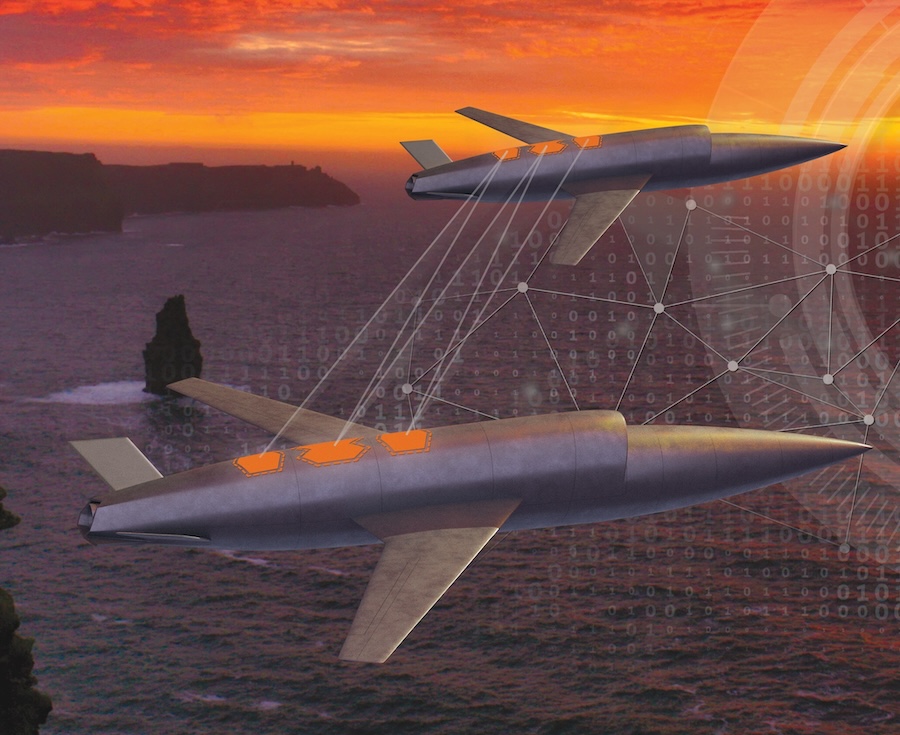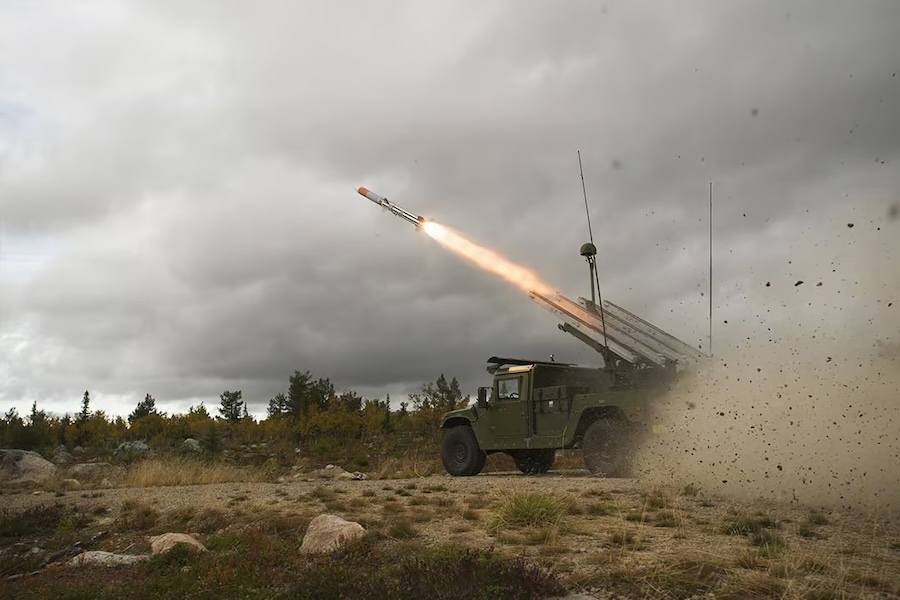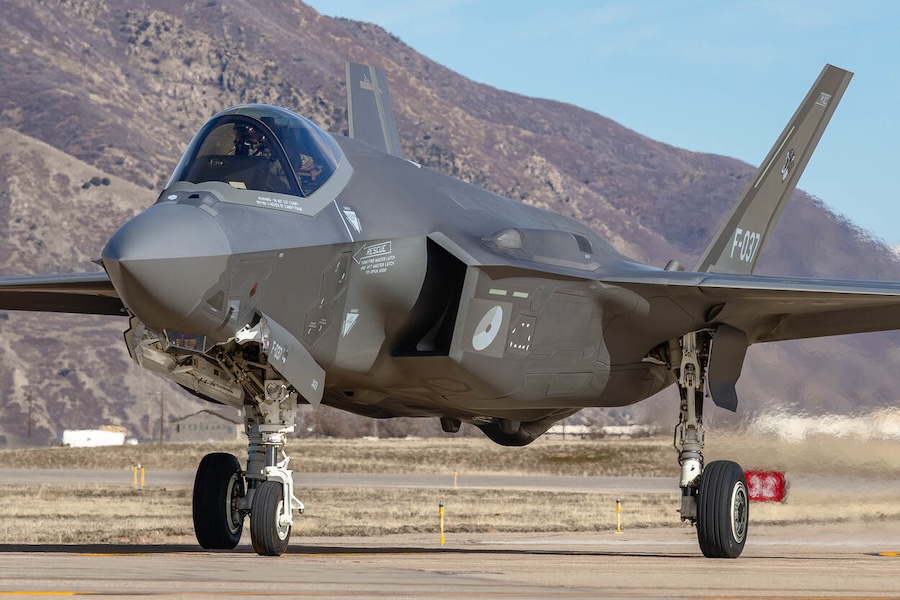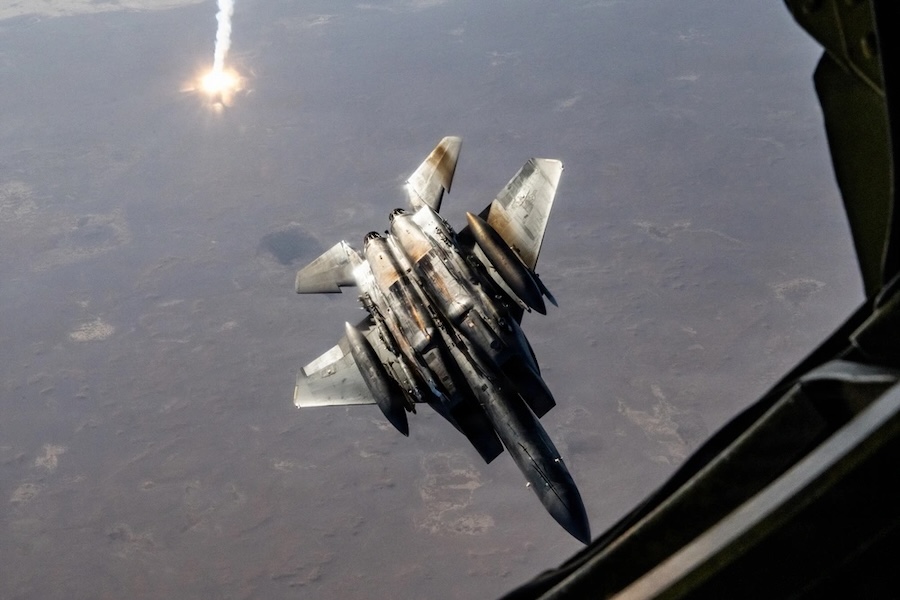Lithuanian Minister of National Defence, Laurynas Kasčiūnas, highlighted the importance of this acquisition: “We are purchasing mines because they are a vital element of effective countermobility measures. A significant portion of resources will be allocated to building mining capabilities and procuring various types of mines. The first of these mines have already been delivered to our military warehouses.”
The Sentry mines are part of a new generation of remote-controlled anti-tank systems. They incorporate advanced encrypted mesh connectivity and have a high capacity for penetrating armoured targets. The system is designed to allow friendly forces to retain mobility by enabling remote deactivation, either temporarily or permanently. These mines autonomously identify and recognise hostile targets, setting detonation times to inflict maximum damage on enemy equipment.
Mining is a key element of Lithuania’s defence strategy, particularly in border areas. Earlier this year, the Defence Ministers of Lithuania, Latvia, and Estonia signed a Letter of Intent to strengthen cooperation on developing effective countermobility measures along their borders with potentially hostile neighbours.
All three Baltic states agreed to reinforce these defences along NATO’s eastern borders, taking into consideration their specific national needs, geographical features, and military capabilities. Lithuania and Poland, both sharing borders with Russia and Belarus, have made the reinforcement of their border defences a priority. Lithuania’s countermobility plan includes strengthening the security of the Suwalki Gap, a key area of strategic importance. Poland is also investing heavily in its own border fortifications.
Over the next decade, Lithuania estimates it will require around EUR 600 million to fully implement its countermobility measures. These investments are seen as crucial for bolstering national security and maintaining NATO’s eastern defences.







